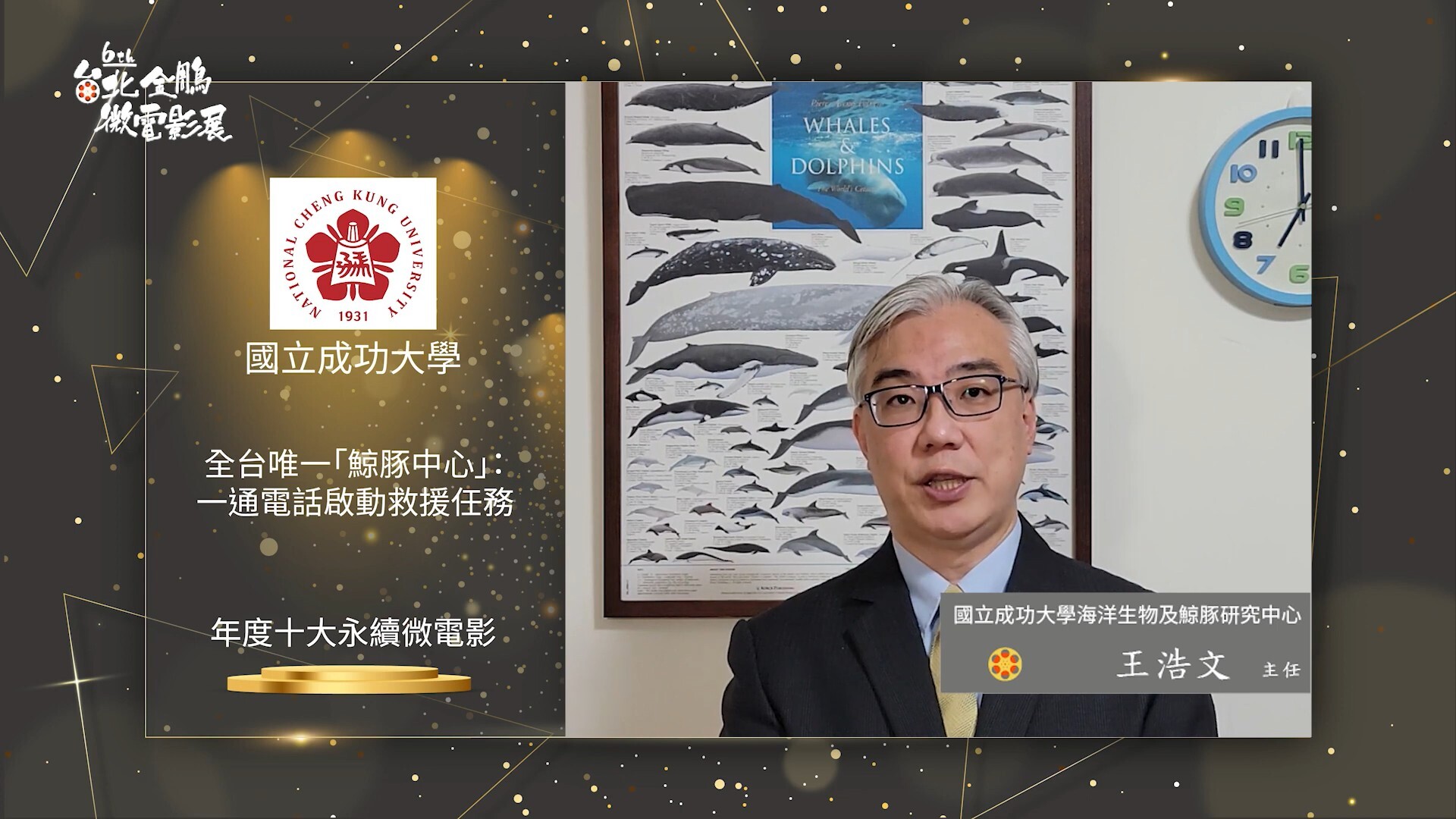NCKU and NSCT Collaborate to Blueprint Ocean Sustainability – Hosting the 2023 Taiwan Ocean Alliance Conference
In the morning of the 24th, the opening ceremony of the third Taiwan Ocean Union Conference was officiated by Min-Tsung Lin, Deputy Chair of NSTC; Wen-Ling Hung, Deputy Chair of the Ocean Affairs Council; Liang-Ming Whang, Director of the Industry-University-Innovation Center at NCKU; Academician Li-Fang Liu, a distinguished NCKU scholar; Tai-Wen Hsu, President of National Taiwan Ocean University; and Professor Guo-Ping Jiang, Convener of the Taiwan Ocean Union. The conference venue, Chonghua Hall, is located in the Sun Yun-hsuan Green Building Research Center on the Green Campus of NCKU. This building was selected as one of the seven iconic low-carbon green buildings globally in the April 2022 report of the Intergovernmental Panel on Climate Change (IPCC). During his opening speech at the conference, Director Huang Liang-Ming mentioned that this building was donated by outstanding NCKU alumnus Mr. Chong-Hua Zheng, constructed with sustainability and carbon reduction concepts in mind. Not only is it a representative of important green buildings in Taiwan, but its concept of environmentally sustainable construction also resonates with the theme of this conference, making it highly meaningful.
The Taiwan Ocean Union (TOU), established by NSTC to assist in the integration of industry, government, academia, and research fields in Taiwan, aims to integrate talents from different age groups and pass on marine expertise, collectively addressing future maritime issues. Member institutions of the alliance include the Department of Hydraulic and Ocean Engineering at NCKU, National Taiwan University, National Taiwan Ocean University, National Sun Yat-sen University, and the Academia Sinica. The alliance focuses on issues spanning marine engineering, environmental sustainability, observation technology, databases, and marine law and politics. Through the interdisciplinary integration of engineering, science, and humanities, the alliance aims to enhance Taiwan's horizontal linkage platform in marine institutions, ensuring the continuous maximization of marine capabilities.
Building on the consensus of inter-agency and cross-domain community dialogue from the previous two years, this year's conference focuses on the core concept of "2030 Maritime New Century - Present and Future of Marine Management." It analyzes forward-looking maritime engineering and technology issues, including exploring deep-sea clean energy development, optimizing renewable energy in the Taiwanese technology field, predicting ocean engineering disaster prevention data observation scales based on big data models, introducing satellite remote sensing applications in marine engineering research, utilizing artificial intelligence (AI) for marine engineering data analysis, predicting potential areas affected by climate change, and developing and applying marine big data. It also aims to construct a national-level long-term observation station from the perspective of marine engineering data combined with marine science, improving Taiwan's comprehensive marine observation system by deploying marine buoys to transmit real-time data, linking to cloud-based open distributed data platforms, safeguarding information security, and ensuring the sustainable use of Taiwan's maritime territorial resources. Emphasizing a people-centric approach and environmental friendliness, the conference advocates for marine blue carbon as a natural solution, integrating environmental sustainability and local stakeholders' interests, promoting a just transition to blue carbon, and mitigating the impact of transition.
The issue of achieving net zero carbon emissions by 2050 is a concern for governments, academia, and industries worldwide. National Cheng Kung University, celebrating its 92nd anniversary, is committed to advancing education, research, industry, and internationalization towards its centennial goal. Various colleges within the university are actively addressing environmental sustainability issues, including net zero carbon emissions, renewable energy, energy storage, etc. For example, Professor Hsiao Shih-Chun from the Department of Hydraulic and Ocean Engineering at NCKU is involved in interdisciplinary teams within the Ocean Union, proposing key sustainable strategies for the field of marine engineering and assisting NSTC and schools in implementing concrete actions towards Taiwan's net zero carbon emissions. Additionally, research projects conducted by the Nearshore Hydrology Center and Disaster Prevention Center at the Industry-University-Innovation Center under NCKU are aligned with the United Nations Sustainable Development Goals (SDGs) or Environmental, Social, and Governance (ESG) frameworks. Through today's conference, it is hoped that various sectors will continue to focus on marine issues, collaborate and seek common ground, and collectively create a better future.
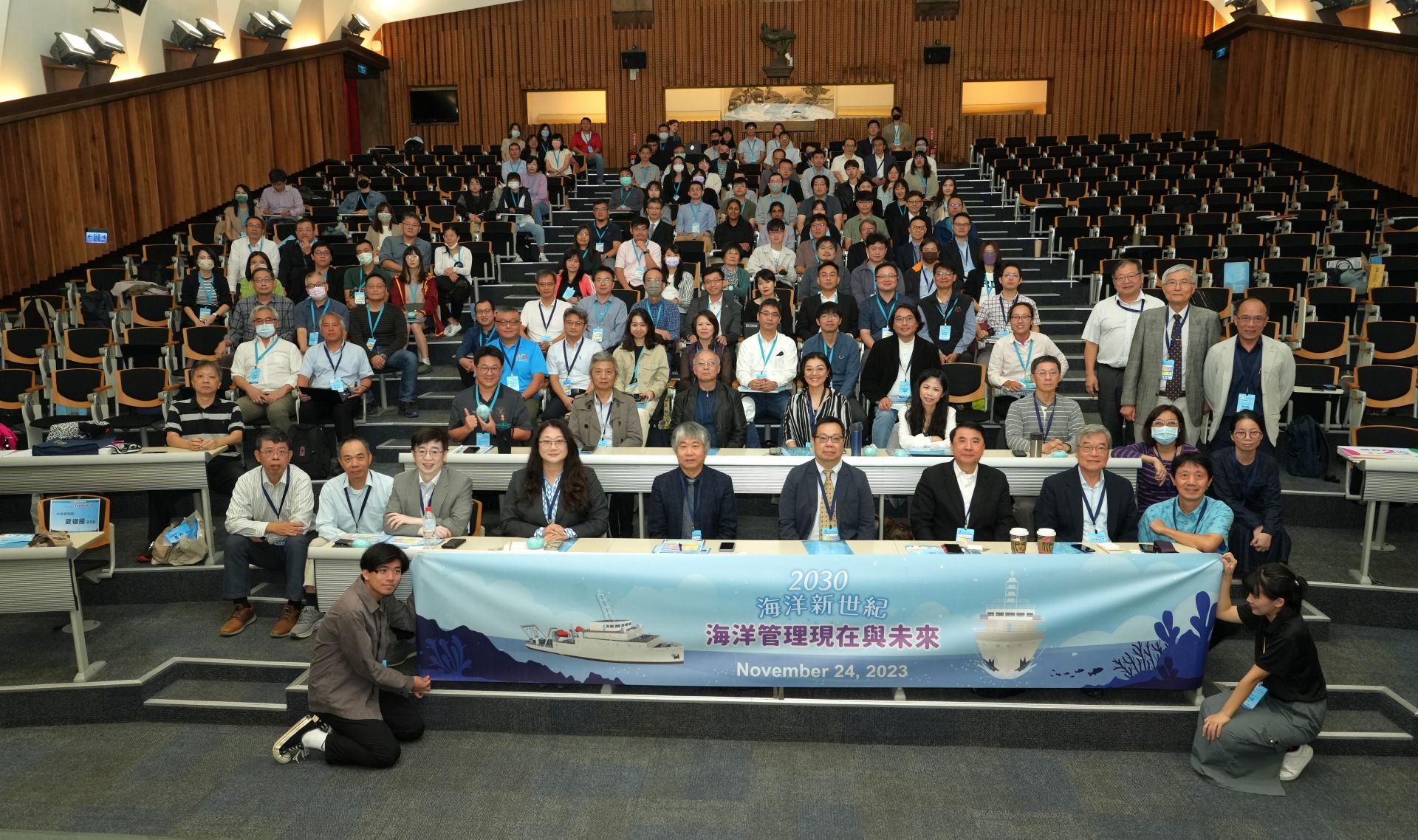
The Taiwan Ocean Alliance Conference for the year 2023 took place today (24) at NCKU, bringing together experts and scholars from the fields of ocean engineering, marine science, and humanities and legal studies. The event provided a platform for collaborative discussions, aiming to chart the future blueprint for Taiwan's oceans.
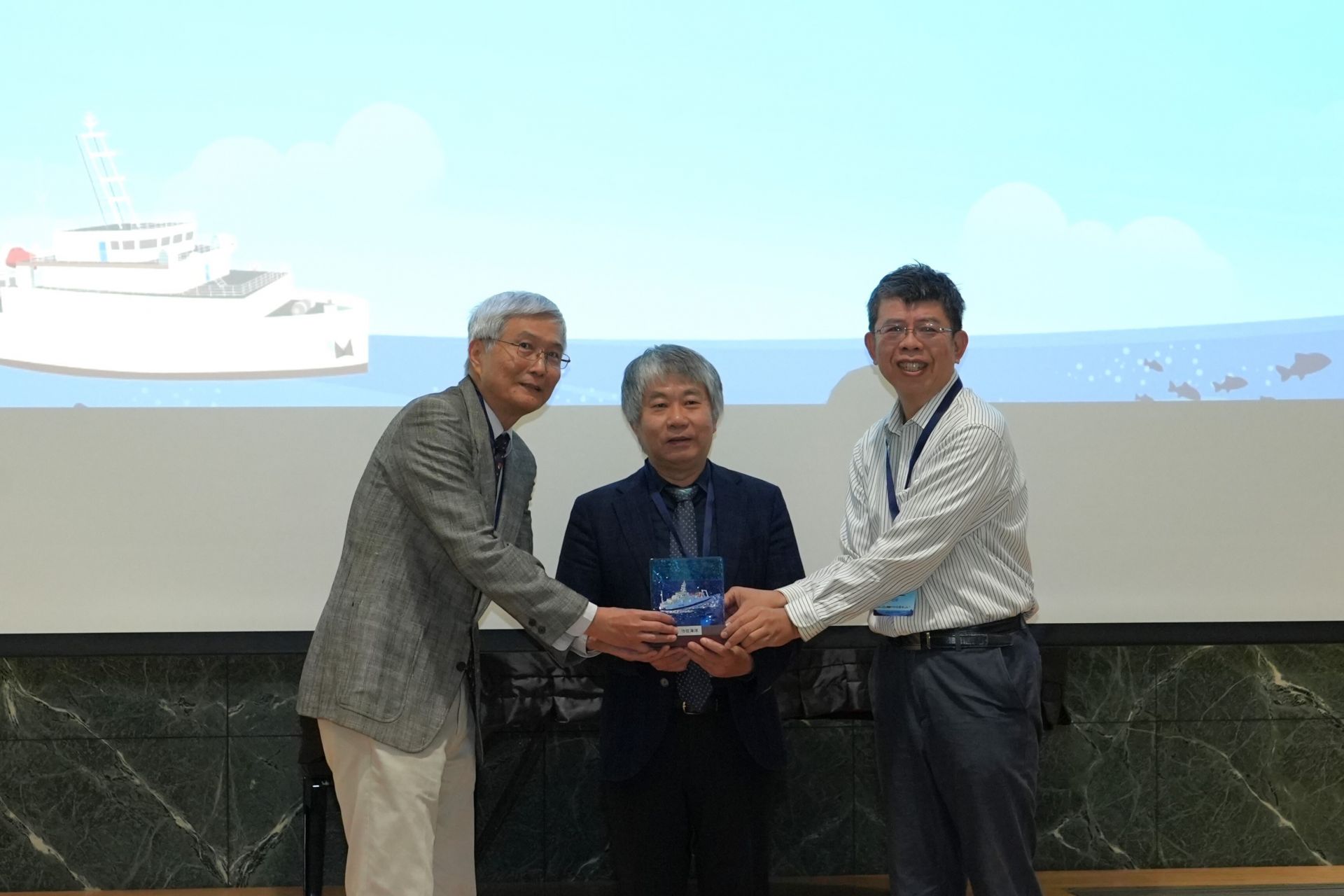
The Taiwan Ocean Alliance expressed gratitude by presenting a commemorative gift, including an advanced fishing vessel motor, to Deputy Chairman Min-tsung Lin of the National Science Council. The gesture aimed to convey appreciation for his significant support in matters related to the ocean.
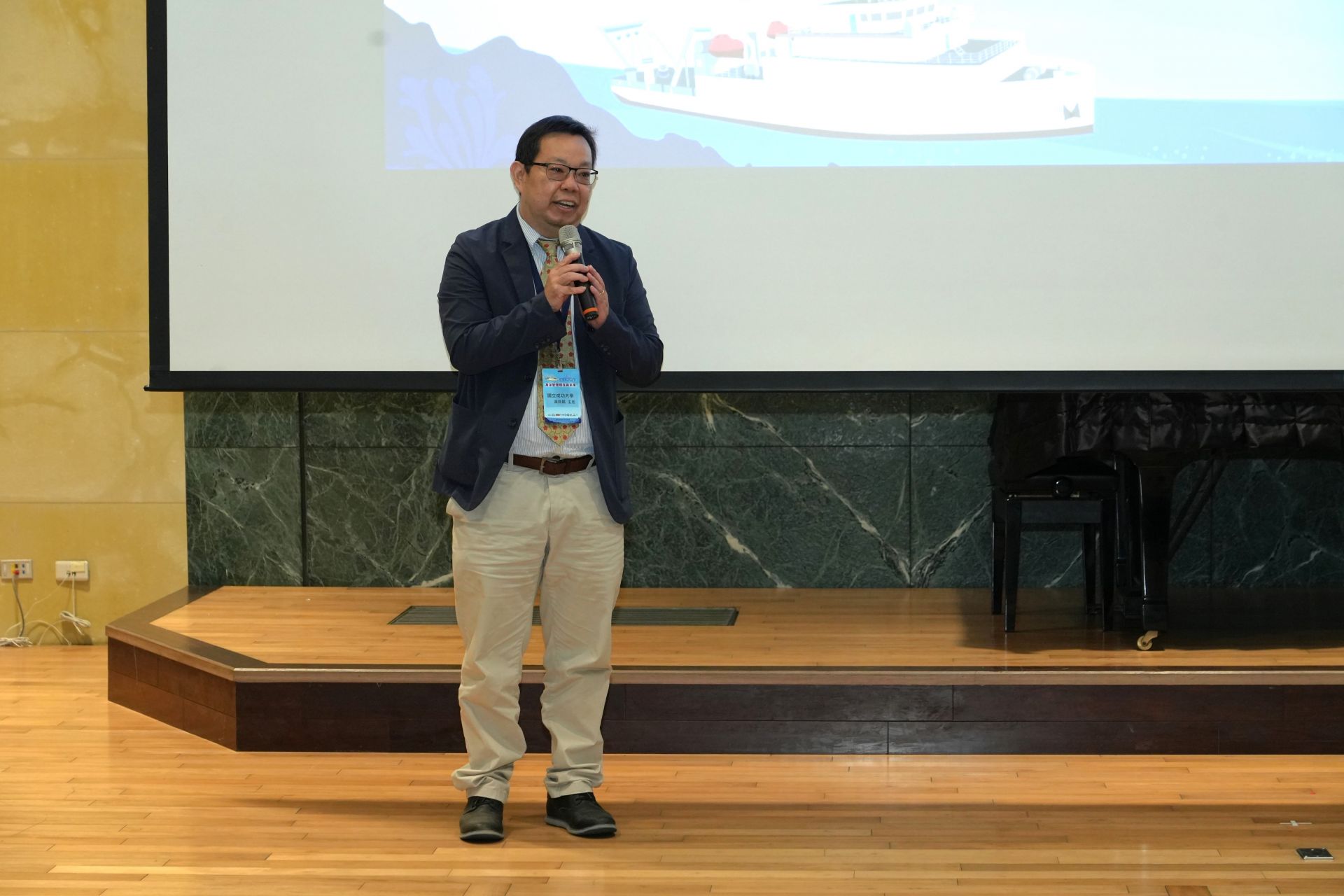
For the first time, the third Taiwan Ocean Alliance Conference was held at NCKU. Liang-Ming Whang, Director of the Industry-Academia Innovation Center at NCKU, attended the opening ceremony, extending a warm welcome to distinguished guests from various sectors who share a concern for ocean-related issues.
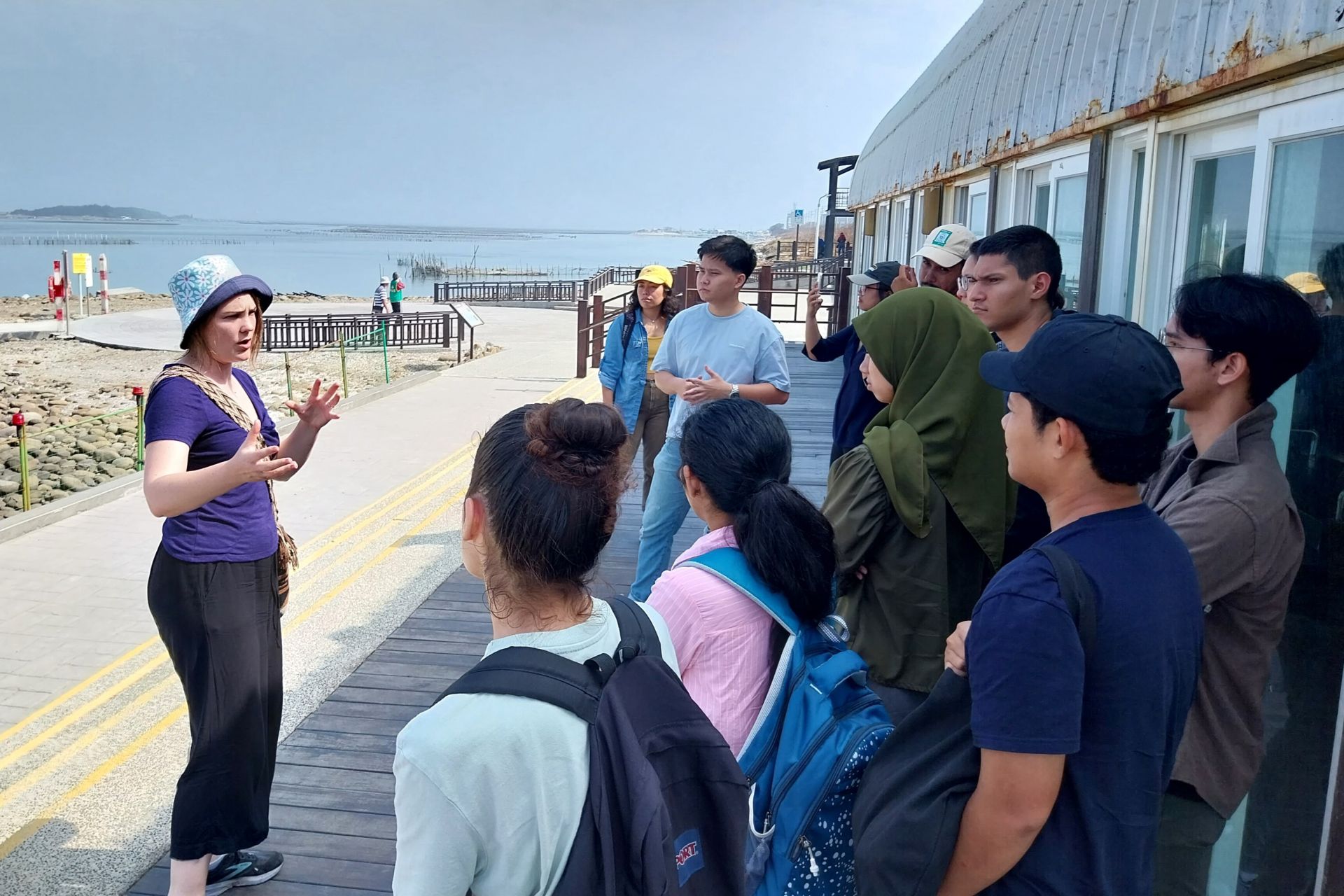
SDG14NCKU Hosts the 2023 Coastal Environment Planning Participatory Workshop: Exploring Options for Climate Change Adaptation
View more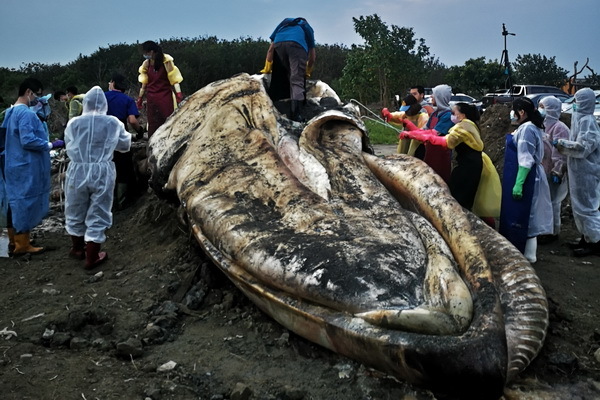
SDG14Marine Biology and Cetacean Research Center Does Its Best to Preserve the Blue Whale’s Skeleton
View more